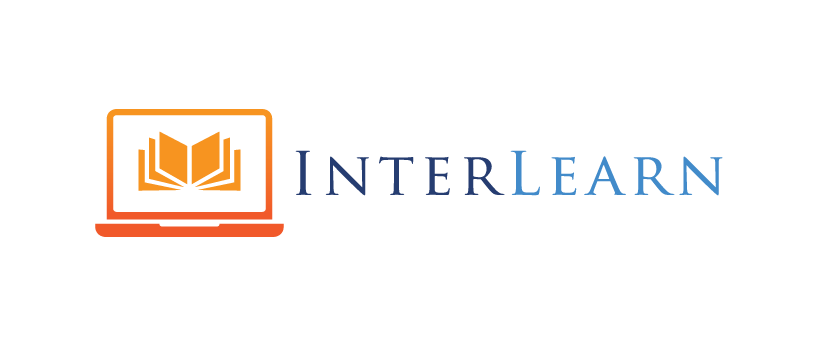It’s been a growing problem that’s been very hard to argue. Who would argue against the “quality” that it brings? Everyone wants to ensure that their program is a quality program or at least perceived as such. However, the “Compliance Industrial Complex,” as I’m coining it (with a hat tip to Ike, errr, President Eisenhower), has become an increasingly significant discussion point, especially as institutions navigate through a labyrinth of regulations and standards. Essentially, this term encapsulates the burgeoning industry that has evolved around ensuring educational institutions maintain their quality through a myriad of regulations. There are, potentially, regulations from the city, state, accreditation, federal (Title IX, Title IV, etc.), membership organizations, etc. etc. ad nauseum infinitum. They don’t slow down. Make your bricks without hay now.
This past year has been a flurry of activity from the federal government in this area that further expanded the reach of the federal government. On one item, several states have jumped in to sue but have already been overruled in court regarding the federal stipulations. So much for state’s rights there. But then it was put on hold again. . .which way is up again?
The idea, of course, is through these many rules and regulations for which higher education must account, they will be better, stronger, too big to fail, and at the same time provide safe, equitable, high-quality education to its students. Yet, there’s an argument to be made about the complexity and the sheer volume of these requirements, which can sometimes be overwhelming. For smaller institutions in particular, the financial and administrative burdens of compliance can divert resources from their core educational missions.
At the institutional level, I’ve seen countless colleges and universities develop internal structures that are so onerous in hopes of accomplishing the requirements of whatever regulator. They develop such burdensome utilities because they think they must do that to meet the complexities of the systems they face. Often, the people involved from those compliance agencies garner a self-righteous attitude towards colleges and act as if they are the experts on everything. (As an example, I was recently interacting with a governmental official and she tried to define distance education for me. I love it when someone who has been working for ten years in a related field tries to define something in which I’ve had a direct 30+ year career. Love that. :-|) It only makes institutions more concerned to meet the compliance demands when people are not only promoting quality but also seeking to carry out an agenda of punishment and/or removing the institutions from existence.
From a biblical worldview, the principle of stewardship resonates deeply with the concept of compliance. Stewardship, in its essence, involves managing one’s resources responsibly and ethically, a notion that aligns with the aims of regulatory frameworks. However, the challenge arises when compliance becomes so cumbersome that it stifles innovation and imposes undue burdens on institutions, particularly those with limited resources. In this light, compliance should not be an industry unto itself but a support to enhance the quality and integrity of education.
As industry professionals, whether in business, education, or non-profit sectors, we find ourselves at a crossroads. It’s crucial to advocate for a compliance framework that supports educational excellence without becoming an overwhelming industrial complex. We should aim for a balanced approach that maintains rigorous standards while also being realistic about the operational capacities of educational institutions.
I’ve said often, for the faith-based institution, it likely won’t be the Christian mission that they successfully attack. Instead, it will be the issue of quality of your offerings and practices with which they can beat you. Who can argue against quality in programming? You can read that as compliance instead of quality.
As the owner of multiple businesses, and considering the return on investment in business, I find it hard to argue the ROI within formal higher education given this Compliance Industrial Complex. I’ve thought often of starting my own college/university. However, the sheer magnitude of the compliance requirements makes me question whether it can or should be done. Instead, I find myself considering alternatives outside formal higher education.
Navigating the compliance industrial complex in higher education requires wisdom, foresight, and a commitment to uphold both the letter and the spirit of the law, echoing the biblical call to wise stewardship and ethical responsibility. As we continue this conversation, let’s strive for a compliance culture that enriches rather than encumbers the noble pursuit of education.


Comments are closed